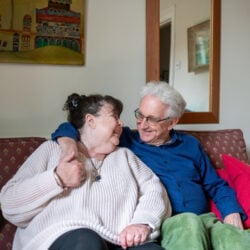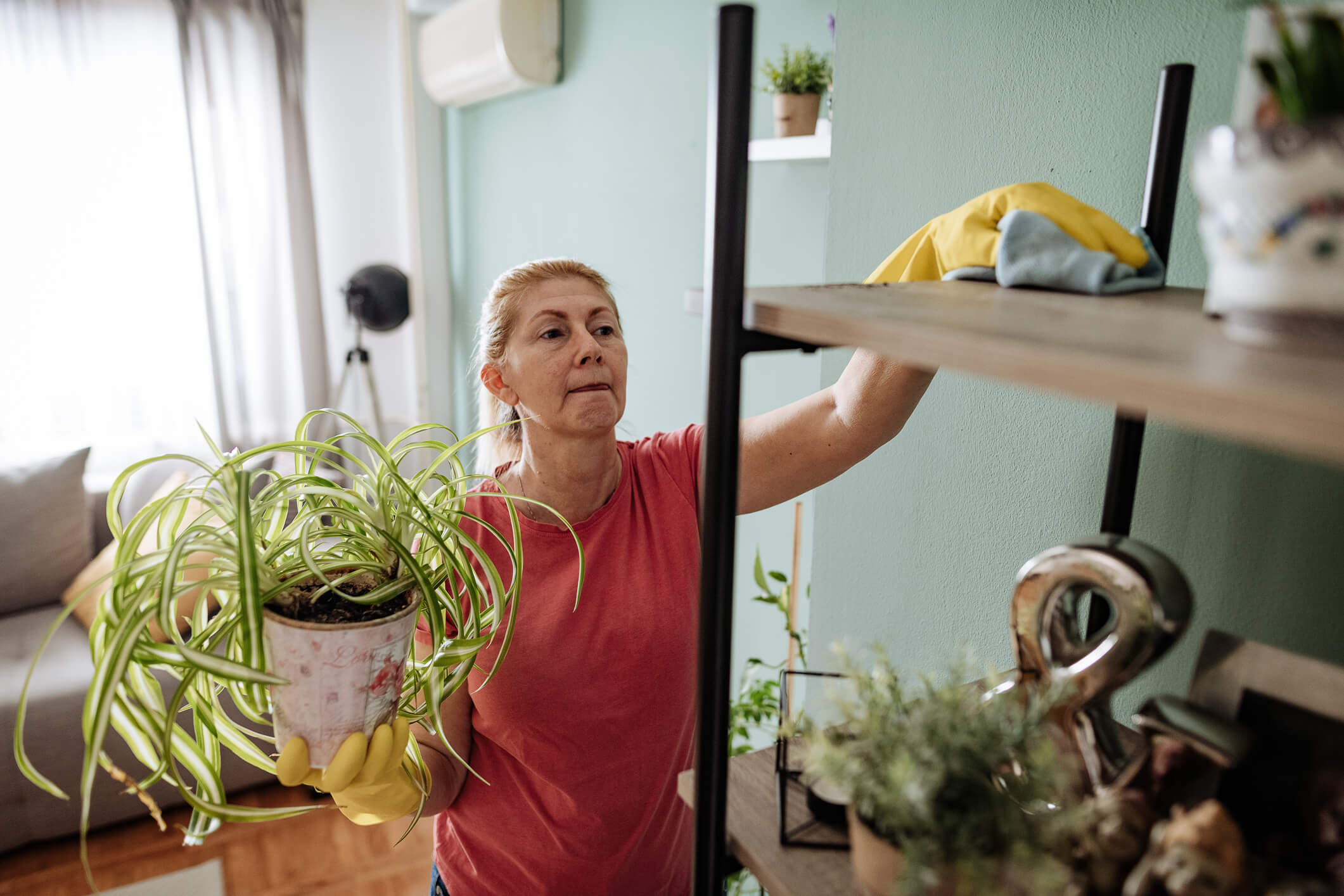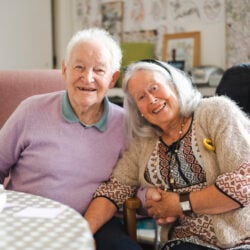Articles
From dementia friendly days out to getting every penny of care funding you’re entitled to - our articles can help you get the most out of later life. Discover expert information on home care, care costs, and elderly living below.

Talking about care – Elder factsheet
As one of life’s biggest decisions, we believe it’s vital for people to feel they…
Written by Zenya Smith
Home from hospital – an Elder factsheet
The majority of us will likely receive some form of hospital treatment at some point…
Written by Zenya Smith
Can I arrange nursing care at home?
Nursing care is provides care and treatment to people with complex medical conditions, but is…
Written by Zenya Smith
7 house cleaning tips for the elderly this spring
With longer, brighter, and most importantly, warmer days rolling in, many of us will be…
Written by Zenya Smith
Understanding Parkinson’s – early symptoms and underlying causes
Dr. Arthur Roach has spent 25 years in research, discovery and development for drug companies…
Written by Zenya Smith
Dementia care – how do I pay for it?
Dementia Live-in Care: How Do I Pay for It? If your loved one is living…
Written by Joe Newman
Live-in care – the questions you should ask
Live-in Care: The Questions You Need to Ask If you are looking into 24-hour…
Written by Joe Newman
Live-in dementia care or care homes – what’s the difference?
Live-in Dementia Care or Care Homes: What’s the Difference? People with dementia experience many problems,…
Written by Jack Walsh
Dementia and live-in care – how does it work?
Dementia and Live-in Care: How Does It Work? People living with dementia often find change…
Written by Joe Newman
Live-in care – how to find the right dementia carer
Dementia Live-in Care: How to Find a Carer If you have a loved one who…
Written by Jack Walsh